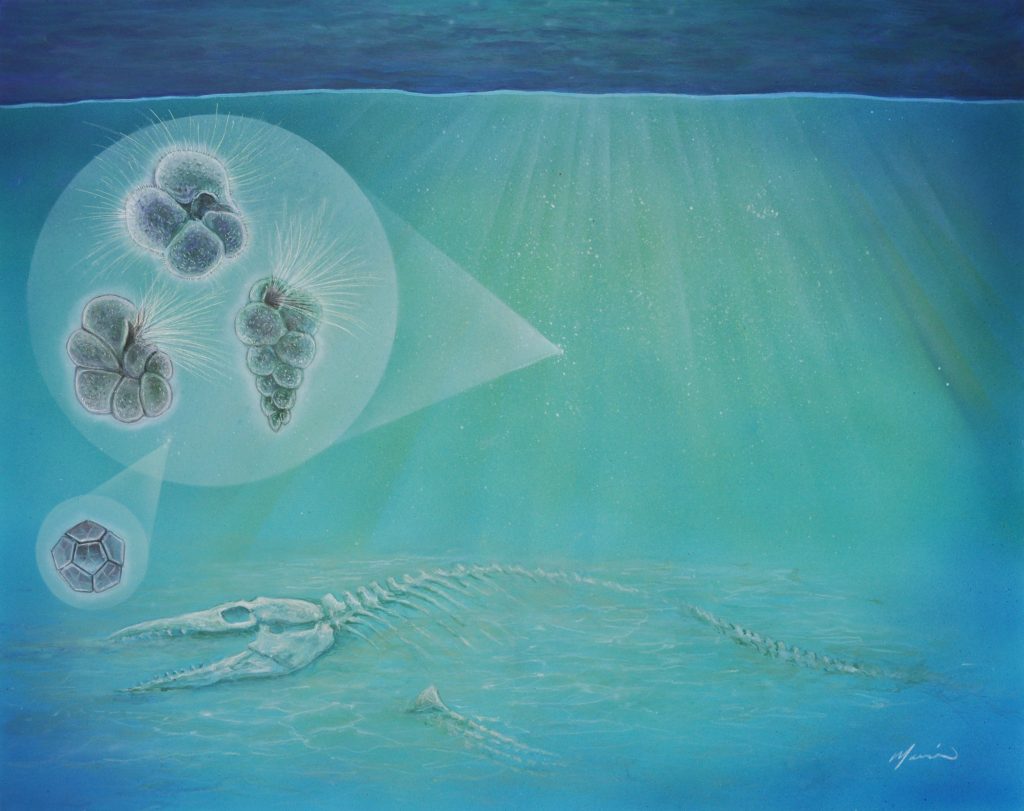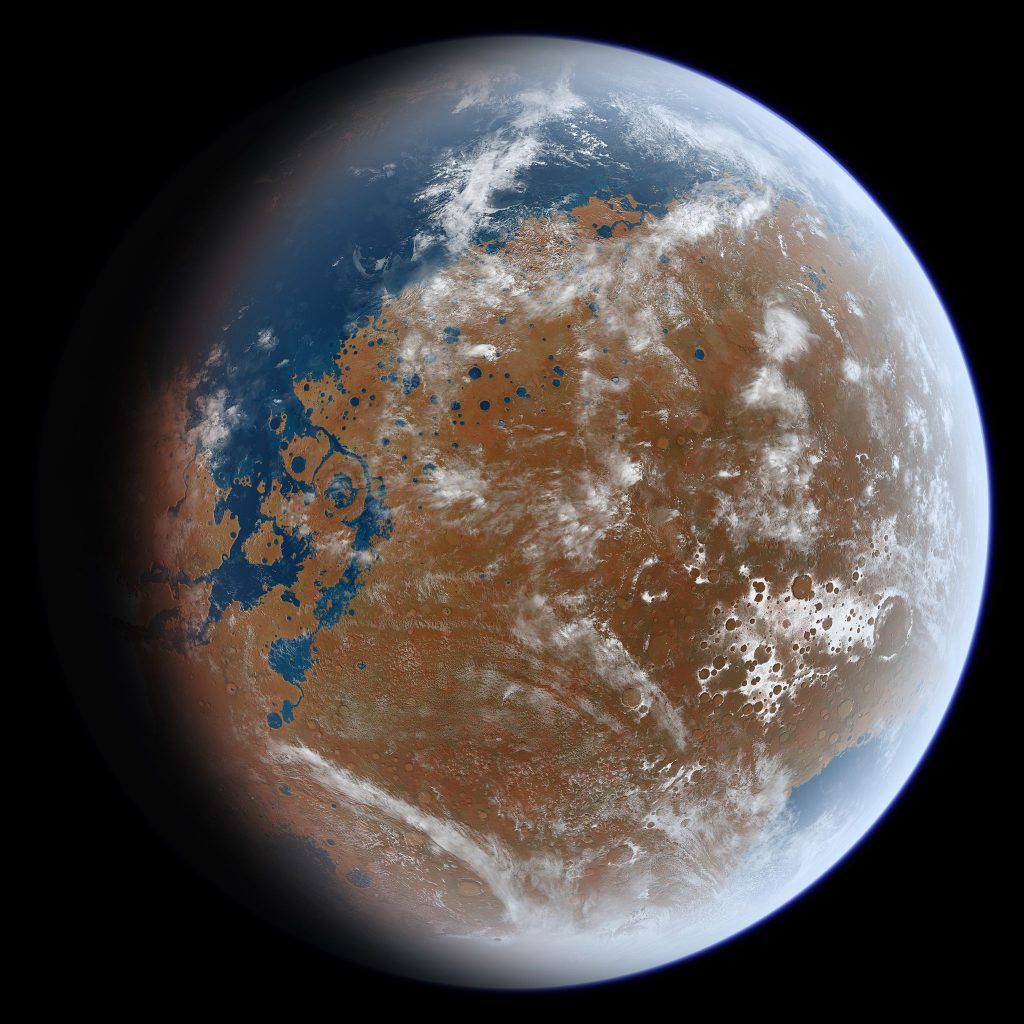The asteroid that struck the Earth 66 million years ago devastated life across the planet, wiping out the dinosaurs and other organisms in a hail of fire and catastrophic climate change. But new research shows that it also set the stage for life to rebound astonishingly quickly. New species of plankton appeared fewer than 2,000… Continue Reading Evidence of ‘lightning-fast’ evolution found after dino-killing asteroid impact
While Searching for the World’s Oldest Ice, Scientists Find Sediment Sneaking Under the Antarctic Ice Sheet
For decades, researchers seeking to understand global climate change have analyzed ice cores drilled deep within the Antarctic ice sheet. This ice traps chemicals and bubbles of ancient air that tell the story of how Earth’s climate has changed over time. To develop a precise climate record, researchers seek to find continuous ice that’s uninterrupted,… Continue Reading While Searching for the World’s Oldest Ice, Scientists Find Sediment Sneaking Under the Antarctic Ice Sheet
Scientists Capture Slow-Motion Earthquake in Action
Scientists for the first time have detected a slow slip earthquake in motion during the act of releasing tectonic pressure on a major fault zone at the bottom of the ocean. The slow earthquake was recorded spreading along the tsunami-generating portion of the fault off the coast of Japan, behaving like a tectonic shock absorber.… Continue Reading Scientists Capture Slow-Motion Earthquake in Action
UT Austin Grad Students Find Missing Link in Early Martian Water Cycle
Billions of years ago, water flowed on the surface of Mars. But scientists have an incomplete picture of how the Red Planet’s water cycle worked. That could soon change after two graduate students at The University of Texas at Austin filled a large gap in knowledge about Mars’ water cycle — specifically, the part between… Continue Reading UT Austin Grad Students Find Missing Link in Early Martian Water Cycle
How Activity in Earth’s Mantle Led the Ancient Ancestors of Elephants, Giraffes, and Humans into Asia and Africa
What roils beneath the Earth’s surface may feel a world away, but the activity can help forge land masses that dictate ocean circulation, climate patterns, and even animal activity and evolution. In fact, scientists believe that a plume of hot rocks that burst from the Earth’s mantle millions of years ago could be an important… Continue Reading How Activity in Earth’s Mantle Led the Ancient Ancestors of Elephants, Giraffes, and Humans into Asia and Africa
- 1
- 2
- 3
- …
- 23
- Next Page »





